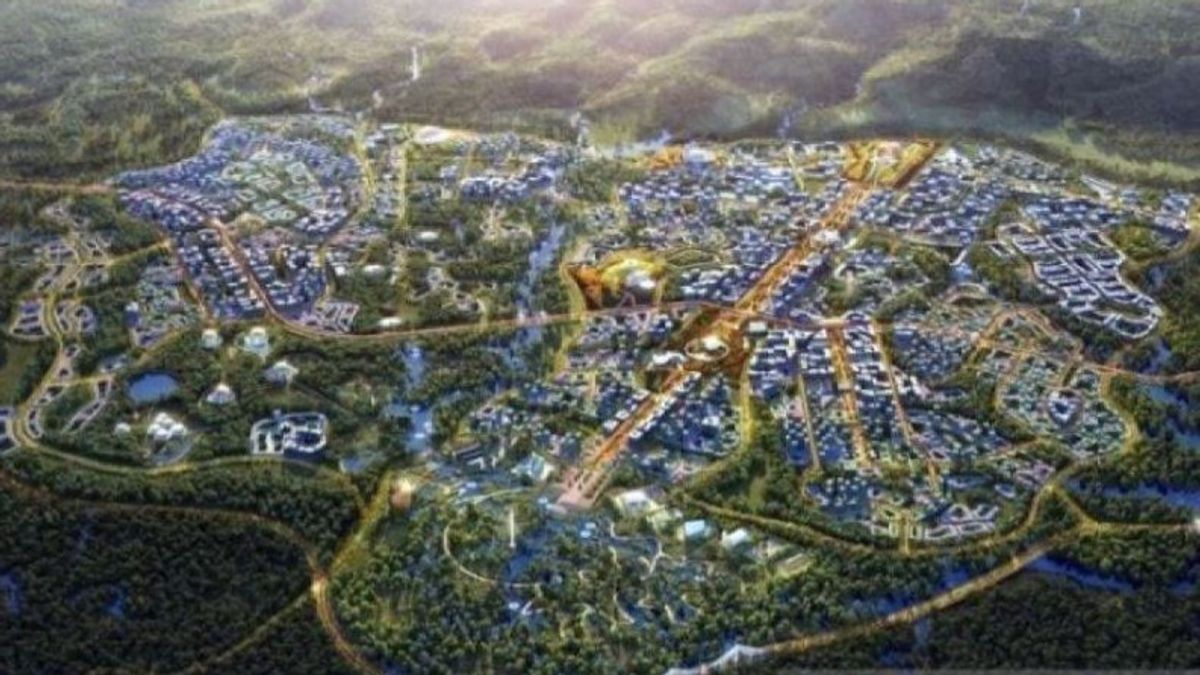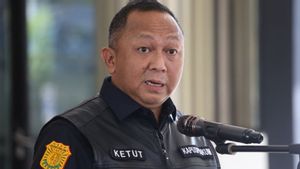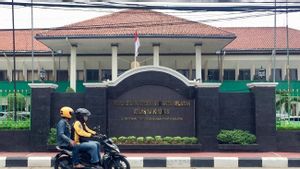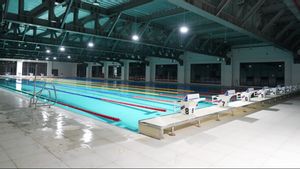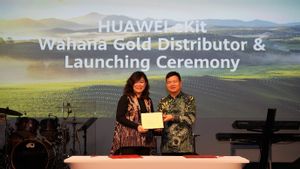The Directorate General of Housing of the Ministry of Public Works and Public Housing (PUPR) said that new housing developers are required to build balanced housing in the State Capital (IKN) of the Archipelago according to the revision of the IKN Nusantara Law (UU).
"New developers are required to build balanced housing in IKN," said Iwan Suprijanto, Director General of Housing at a press conference in Jakarta, Antara, Friday, August 25.
Iwan said that the implementation of housing in the revision of the IKN Law was
The initiative of the Archipelago Capital Authority (OIKN).
This is because there are several obligations from developers to build balanced housing where the construction of affordable housing for low-income people (MBR), especially in Jakarta and Java, is experiencing difficulties and then being delayed.
"This obligation is collected and implemented by developers at IKN Nusantara. This is in order so that the IKN development target is not only for luxury houses, but also for medium and affordable housing for MBR which can be met at IKN," said Iwan.
The Directorate General of Housing and OIKN coordinated the scheme and technical arrangements that had been included in the revision of the IKN Law regarding the implementation of housing.
"Dan, in the process of public testing," said Iwan.
In the construction of housing in Indonesia, there are balanced occupancy patterns regulations that are required for developers, namely the construction of houses with a pattern of 1 in 2 compared to 3.
This means that when developers build a luxury house, in the same area they are also required to build two middle houses and three affordable houses for MBR.
One of the main points of the urgency of the revision of the IKN Law regarding special arrangements for housing investor developers. This aims to provide convenience to housing investors in accelerating residential development.
Another goal is to provide arrangements for the transfer of balanced residential obligations, as well as to accelerate development.
SEE ALSO:
The English, Chinese, Japanese, Arabic, and French versions are automatically generated by the AI. So there may still be inaccuracies in translating, please always see Indonesian as our main language. (system supported by DigitalSiber.id)
Most Popular Tags
#Prabowo Subianto #New Year #Mother's Day #nataru #NatalPopular
23 Desember 2024, 00:04
23 Desember 2024, 03:01
23 Desember 2024, 00:55
23 Desember 2024, 06:00
23 Desember 2024, 04:15
